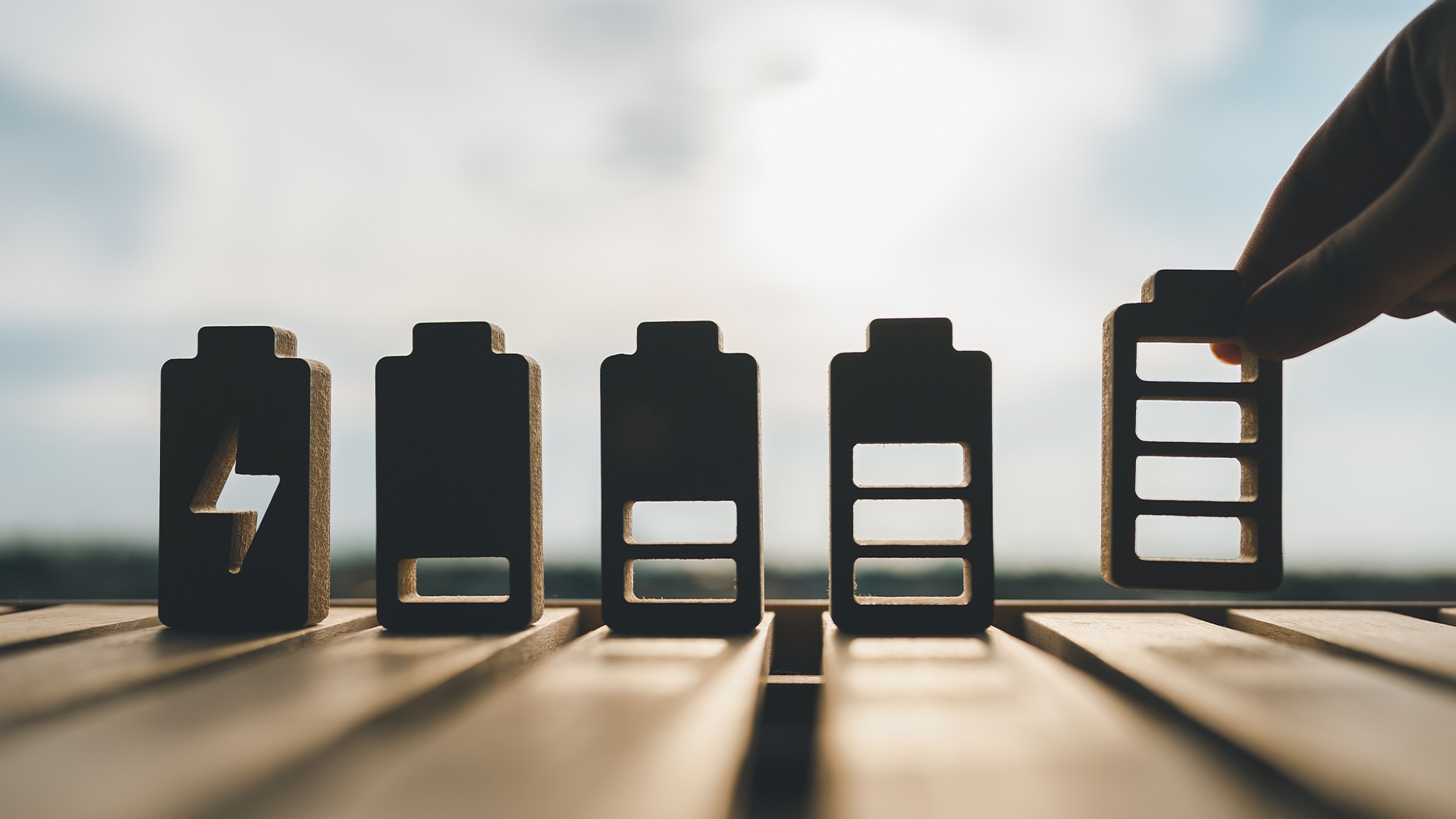Will there be more battery life from Intel soon? (Image: Adobe Stock – Summert)
At the Hot Chips conference held at Stanford University, Intel presented a new technology that could have a positive impact on battery life.
But for now, Intel keeps the technology to itself. However, in the long run, this shouldn’t be a problem.
Intel and AI vs. dead batteries
From a hardware standpoint, not much will change with the 14th generation Intel Core processors. For example, the update was made by digital trends It was described as a “huge disappointment”.
However there is a glimmer of hope, such as Computer World Reports. The new Meteor Lake chips are said to be able to use artificial intelligence to manage power consumption and transition between active and power-saving states
Intel calls it “Intel Energy Efficiency Engineering” and it’s hard to assume that this technology will be used in future Intel devices.
What does technology do?
In short: it makes your processor react faster and consume less power at the same time.
How, exactly, does this work? In order to increase the performance of the processor, more power is usually provided to make it run at higher speeds. However, the CPU must monitor the completion of the task before it puts the processor into power saving mode.
This concept is called dynamic voltammetry and frequency (DVFS). The challenge here is to determine the optimal operating frequency for the processor.
» We attach great importance to quick response when we interact with the computer. We want immediate action and not a long wait.”
– Ephraim Rotem, Design Engineering Group at Intel
The new AI-powered algorithm In turn, it can understand and predict user behavior when opening web pages and completing tasks. It has proven itself in many applications by independently learning patterns of behavior that are more detailed than were originally programmed by Intel.
Meteor Lake processors are said to offer a 35 percent increase in responsiveness thanks to AI, measured by the time it takes to switch to a high power state.
Precisely controlling the transition to low power mode can also result in significant power savings of up to 15% compared to legacy configurations.
Editorial opinion

Jean Stahnke
@secnor
And even though it’s only about 15 percent energy savings right now, I’m very happy with this little announcement. Because there haven’t been major improvements or even technical revolutions in the field of battery life for a long time.
Intel is taking the first step in the right direction here to breathe more life into lithium-ion batteries.
So far only Intel? Yes, only Intel has announced such a technology so far, and yes, 15 percent isn’t necessarily the number of days of battery life many people might want. But when I consider that these are the first steps being taken in battery optimization with AI, I am confident that a small revolution lies ahead.
Especially when other manufacturers – especially smartphone providers – discover this technology themselves and develop and improve their own variants.
One thing is for sure: AI will not become less important over time. On the contrary.
More good news from Intel: Your graphics cards are getting faster and faster:
If Intel continues like this, Nvidia and AMD will have to be careful: Up to 63 percent speed boost
Can Intel continue to benefit from the rally? What is the hidden potential in the Intel AI algorithm? How satisfied are you with your devices and their battery life? Is it time to do something about batteries? Write us your opinions and testimonials, as always, in the comments below!

“Certified tv guru. Reader. Professional writer. Avid introvert. Extreme pop culture buff.”

![Exposure to flares on a daily basis. Planet Proxima Centauri[الصورة الفضائية اليوم]|](https://sorae.info/wp-content/uploads/2021/04/proxima-centauri-flare.jpg)





More Stories
Bosch joins startups in battery recycling
Abu Dhabi's racetrack has been revamped using 3D controls and digital technology
This is how C-V2X technology makes cycling safer